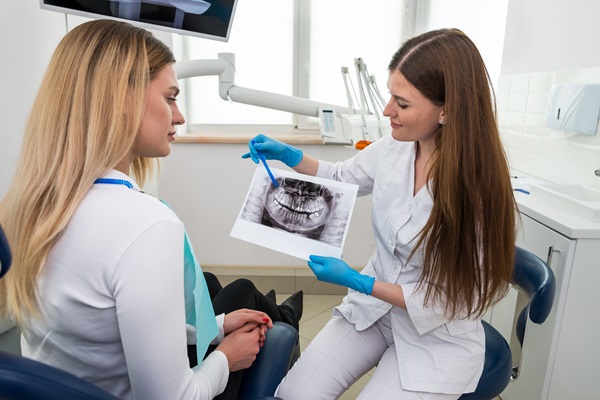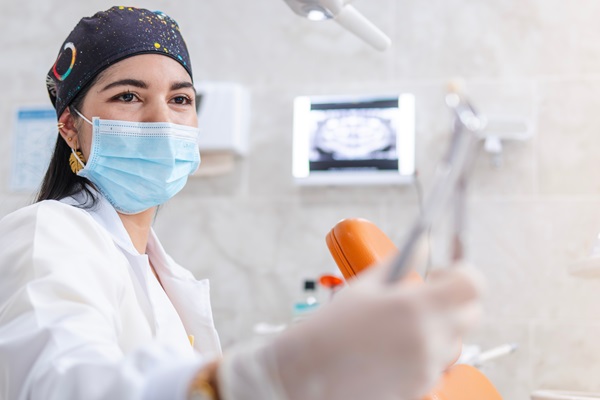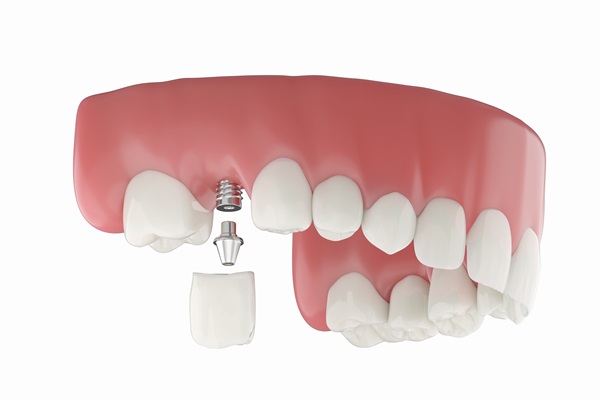An Oral Surgeon answers: How Can I Avoid Infection After Dental Procedures?

Infections after dental procedures occur frequently and that is primarily due to a lack of education on how to avoid it, however, with the help of an oral surgeon, infections can be avoided in a few ways. Oral surgeons are dental professionals who focus on invasive procedures that are necessary in order to treat or remedy a disease within the mouth.
Keep reading to find out how an oral surgeon answers the question of avoiding infection after a dental procedure.
Specific dental services
Wondering what specific services an oral surgeon provides to their patients? Some of the more common surgical procedures include placing dental implants, removing wisdom teeth, performing emergency oral surgery, performing cosmetic surgery and full mouth reconstructions.
When a general dentist finds any signs of oral cancer in one of their patient's mouth, they will also refer their patient to an oral surgeon so they can understand their treatment options. They are also the go-to dentist for patients who have been diagnosed with a dental-related disease, defect or have undergone a significant injury that requires dental surgery.
Because oral surgeons specialize in invasive dental procedures, they are great specialists to talk to about infection prevention. Each dental procedure is different but with certain aftercare tips for each one, infections can be avoided.
Aftercare for dental procedures
Every oral surgery requires aftercare so that the patient can expect a full recovery. Aftercare instructions are given to each individual patient, of which all need to be closely followed so that they do not experience any complications related to the surgery.
General aftercare instructions include things like taking pain medication, protecting the blood clot, using ice packs and proper oral hygiene regardless of the injury. However, the oral hygiene part of aftercare may be altered in order to avoid pain or irritation.
Avoiding smoking cigarettes is included in every patient's aftercare instructions, as the chemicals within cigarettes increase a patient's risk of infection.
How to avoid infections
Dental patients can avoid infection after having a surgical dental procedure performed by closely following the aftercare instructions given to them by their oral surgeon. While part of the instructions are general instructions that are given to all patients, every patient will also receive specific instructions geared towards their particular situation.
Most of the time, the best way to prevent an infection is to simply maintain good hygiene and follow up with the oral surgeon regularly so that they can maintain the healing process.
Ready to make an appointment?
Ready to schedule an appointment with our oral surgeon? Your first step is contacting us now to make an appointment for an overall evaluation. If you are not sure whether or not you are in need of oral surgery, then making an appointment with us now will let you know the current state of your particular situation. Our oral surgeons will always guide you in the right direction, which is especially important when you happen to be experiencing one or more oral issues.
Request an appointment here: https://www.drjstearns.com or call Platte Valley Oral Surgery at (303) 997-0220 for an appointment in our Denver office.
Check out what others are saying about our dental services on Yelp: Oral Surgeon in Denver, CO.
Recent Posts
Wisdom teeth extraction may be necessary to achieve better dental health. Research shows that the third molars often emerge after all your teeth have erupted. Wisdom teeth may not be a problem at all. But in some cases, the dentist will recommend their removal. Here are the details on how a wisdom teeth extraction happens.This…
Single-tooth implants use dental implant technology to provide long-term and natural-looking solutions to tooth loss. Since losing only one tooth can impact oral health, function, and appearance, replacing the tooth must be a priority. Here is a closer look at the importance of individual tooth replacement and some compelling reasons to consider single-tooth implants.Having a…
Clinical studies show that the dental implant remains the gold standard of dental restorations. Implants can help bring back your smile and dental function. The right dental professional can perform the procedure without any issues. Here are the details on how an oral surgeon approaches a dental implant surgery.Choosing a dentist who has training and…
A missing tooth must get a tooth replacement as soon as possible. An untreated dental gap can contribute to many dental issues. That is why a dental replacement is important. Here are the details on how a tooth replacement can improve your smile.An oral surgeon understands how tooth loss can affect a patient. A tooth…


